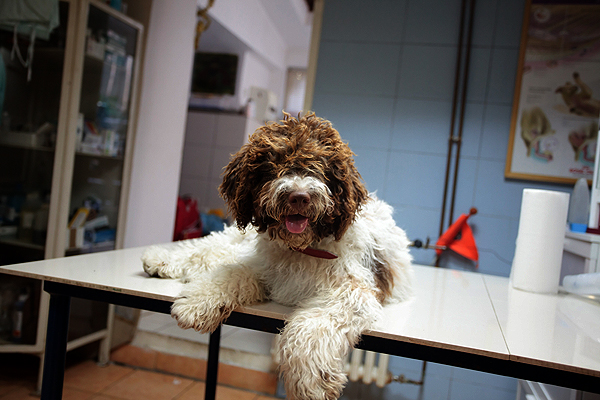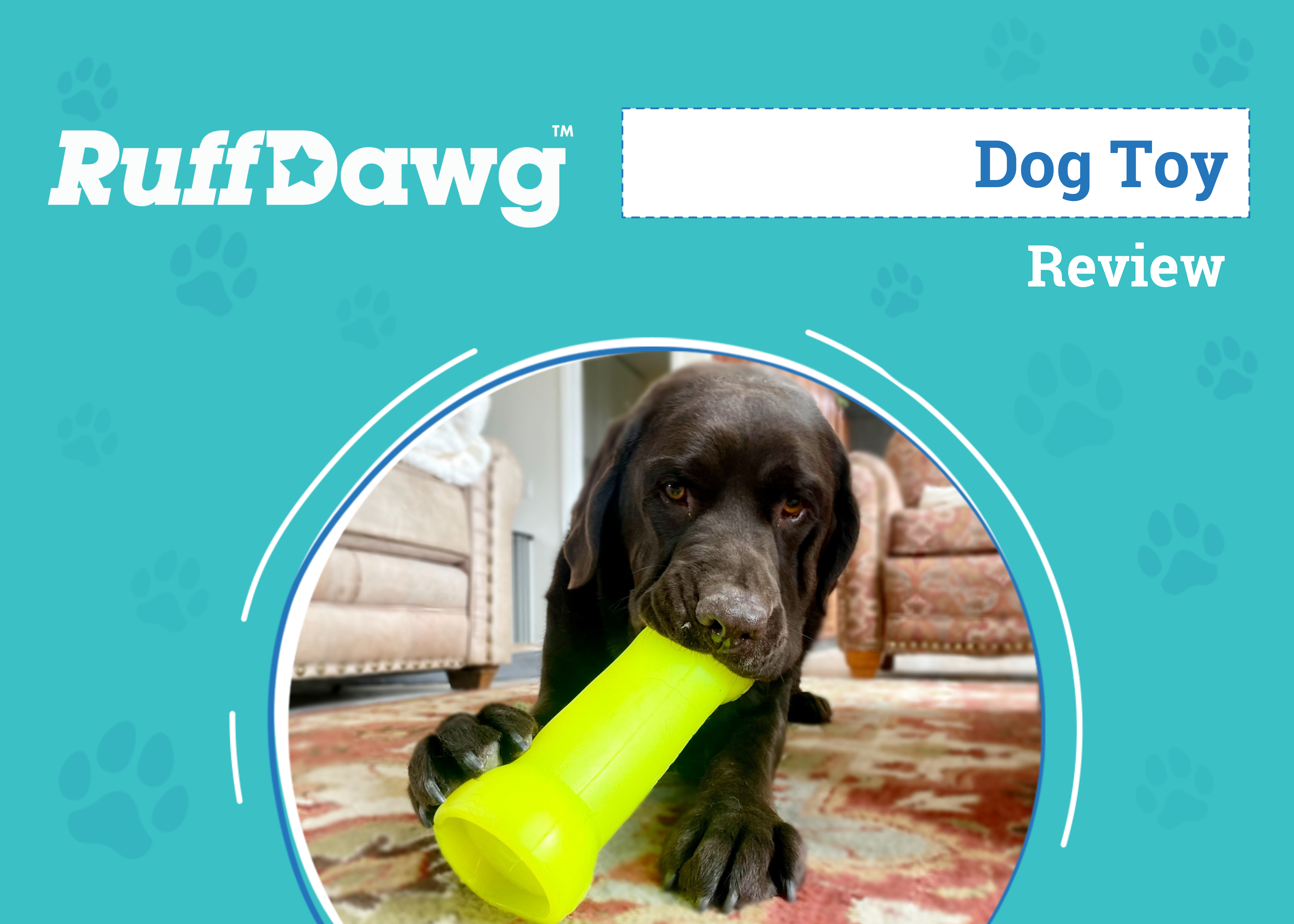I recently got an email soliciting my participation (for a fee, of course) in a zinc neutering training session. The subject line read, “Zinc Neuter (Zeuter) Training — the new, quick, and permanent fix.” Pshaw.
Make no mistake: Veterinary medicine is big business. Veterinarians are pawns in the game. The real players are pharmaceutical companies, distributors, and corporate management of large veterinary chains. Here is how the game works. A big pharmaceutical company wants to make money, so it invents (or, in the case of zinc neutering, buys the license for) a product. The company then persuades vets to recommend the product. This is a highly effective method because vets are, as a group, rather naive and easily manipulated; we also generally enjoy good reputations and high levels of respect from pet owners. Often, once the product has earned a good reputation through vets’ recommendations, the big pharmaceutical company throws the vets under the bus and cuts them out of the equation.
Noteworthy examples of this are Advantage and Frontline. Bayer and Merial, respectively, initially assured vets that their products would be sold only through vets, providing them with a bit of profit. The result was that vets began to recommend the products (it didn’t hurt that when they were introduced, both products worked incredibly well and had magnificent safety profiles compared with their competitors). Once the veterinary community had helped to establish Advantage and Frontline as the market leaders, first Bayer and then Merial cut vets out of the equation by selling the products directly to distributors and big box retailers (or by turning a blind eye to people who were diverting the products into so-called gray markets).

As an employed veterinarian and later an emergency vet I have never derived any significant income from selling Advantage or Frontline, so the behavior of Bayer and Merial didn’t affect me personally. However, I don’t like back stabbers. And, with the lesson of Advantage and Frontline in mind, I am always highly skeptical of companies that try to get vets to push their products.
So let’s talk about zinc neutering. First, I should go on the record as saying that the company producing Zeuterin is not likely to throw vets under the bus in a wholesale fashion; use of its product requires special training and will almost certainly fall into the legal category of “practicing veterinary medicine,” which by law can only be done by vets. But the company certainly is trying to use vets to market the product.
The first thing regarding the company’s claim: Zinc neutering is not new.
In 2003 a product called Neutersol was approved in the United States for use in puppies. It was an injectable solution containing zinc gluconate. The product, when injected directly into the testicles, caused inflammation and then scarring that rendered male dogs sterile. It was hoped that Neutersol would eliminate the need for anesthesia and surgical castration of dogs, as well as increase neutering rates and reduce overpopulation.
But there were a few problems, and they didn’t actually involve the thing (“injection directly into the testicles”) that probably jumped out at most of the men reading this. In fact, the biggest problem was if the injection wasn’t made directly into the testicles. It appeared that if the solution leaked out of the testicles, it could cause significant ulceration of the scrotum, requiring in some cases a relatively complex surgery (compared to neutering) to remove the scrotum. Some dogs, although sterile, still had high testosterone levels and exhibited unwanted behaviors or developed problems such as prostatitis that required removal of the previously treated testicles. For dogs who underwent treatment with Neutersol, production of testosterone was unpredictable.
The launch of Neutersol was one of the greatest product failures in the history of veterinary medicine. The marketer overestimated demand and ordered too much from the manufacturer. The product did not sell, and then it expired unused. The manufacturer allegedly accused the marketer of not paying for the product. Fingers were pointed, money was lost, and the product was withdrawn from the market.
Fast forward a decade or so. A new company has bought the license for the product. The product was relaunched in developing countries (it was called Esterilsol in Mexico), where marginally owned animals are less likely to be neutered (and less likely to have litigious owners) and where regulatory hurdles are lower.
And now it has been relaunched in the United States with the new name of Zeuterin. I would say (with apologies to Yogi Berra) that it’s deja-vu all over again, but to its credit the new company appears to be trying to do things better than the old ones did.
Training sessions (such as the one to which I was invited) are now required for use of the product. Significant scrotal ulceration is less likely to occur when the procedure is performed by properly trained individuals. The recommendation is that a very small needle be used to inject the product into the testicles over at least five seconds. The company claims that this is not significantly painful for dogs because only the scrotum, but not the testicles, has pain receptor neurons.
Here’s the first problem. Any man who has ever had something come forcefully into contact with his privates knows perfectly well that the testicles can be a major source of pain. That nauseating pain is caused not by pain receptors, but by pressure receptors, which are ample in the testicles. Injecting fluid into the testicles is likely to increase the pressure within them. And, unsurprisingly (if you’ve ever felt like vomiting after being struck in the groin), it is reportedly not uncommon for dogs to vomit after they receive the injection.
Many dogs also develop significant swelling of the scrotum in the week or two after the procedure. I have heard claims that the swelling is not painful, but I also have seen pictures and I can assure you that the swelling certainly looks painful. Another giveaway is that some dogs attempt to lick or chew their testicular area during this period.
The unpredictability of testosterone production in Zeutered dogs is a problem in my mind as well. Let’s face it: Most people don’t neuter their dogs for the purposes of population control. They do it because they don’t want their dog urine-marking in the house and humping the legs of houseguests.
And what about population control? In nonmonogamous species such as dogs, it is the females alone who hold the keys to reproduction. Niney-nine percent of males could be sterilized and the remaining 1 percent could easily (if somewhat exhaustedly) keep all of the females pregnant.
I’m not saying that Zeuterin has no place in the world. It may be of significant use in developing areas where anesthesia and surgery are not readily available. And, over time, its use may be refined and it may in fact prove to be a reliable and safe alternative to surgical neutering.
But despite having been around for a decade, there is still a lot that is unknown about zinc neutering. Until that knowledge is gained I won’t experiment with the product on my patients, and I won’t serve as a marketing tool for the company that makes it.
Read more by Dr. Eric Barchas:
- Why Do Some Dogs Keep “Showing Their Lipsticks”?
- Let’s Talk About Dogs and Euthanasia: When Is It Time? Should You Be Present?
- What to Do Before You Get to the Vet in 12 Emergency Dog Situations
- 12 Dog Emergencies That Need Immediate Veterinary Attention
- Just How Dangerous Is It to Falsely Call a Pet a Service Dog?
Featured Image Credit: David Herraez Calzada, Shutterstock











